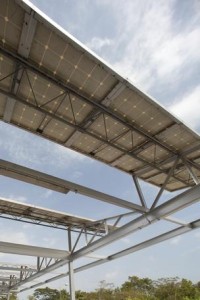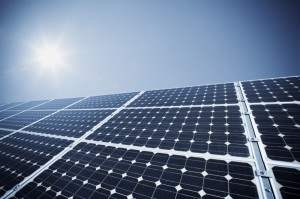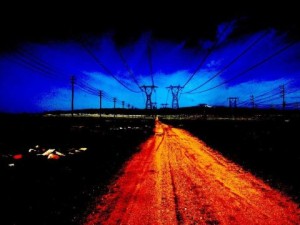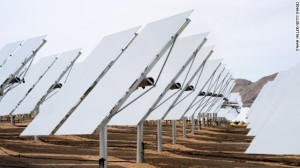 by Dave Williams
by Dave Williams
ATLANTA 1/13/15 — After several false starts, legislation letting property owners in Georgia contract directly with solar companies to finance and install solar panels is on the fast track in the General Assembly.
A legislative subcommittee signed off on the bill Tuesday after Georgia Rep. Mike Dudgeon, R-Johns Creek, presented a compromise hammered out during the last 10 months by representatives of the solar industry and Georgia utility companies.
“It’s been an adventure,” Dudgeon said in describing the months of negotiations that began after his bill failed during last year’s legislative session for lack of support from the utilities. “I don’t think this is the ideal bill for everybody. But if most people are happy, we’ve probably reached a pretty good compromise.”
Read the whole article: Atlanta Business Chronicle










